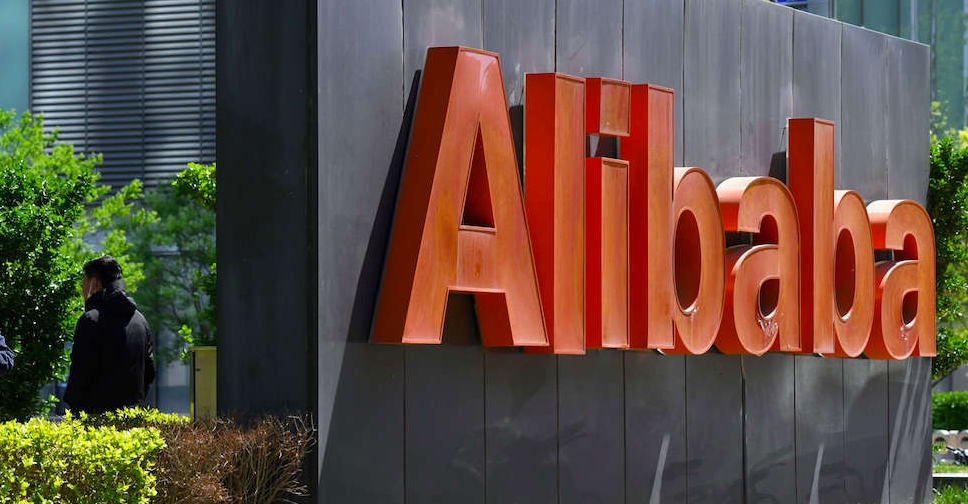
Alibaba Group Holding Ltd said on Friday that sales during its annual Singles' Day shopping frenzy grew 8.5 per cent, the slowest rate ever, underscoring strong regulatory and supply chain headwinds for China's tech firms.
The Chinese e-commerce juggernaut said sales, or "gross merchandise value" (GMV), over its 11-day Singles' Day event that ended on Thursday rose to 540.3 billion yuan ($84.5 billion), compared with 26 per cent growth last year.
Sales had grown by double digits every year since Alibaba founded the festival in 2009 and built it into the world's biggest online sales fest, dwarfing Cyber Monday in the United States. It changed the gala to a multi-day event last year.
The results come as overall consumption in China slows ad cap a relatively muted version of a sales festival that Alibaba once aggressively promoted.
Before the sales period began, analysts had said they expected Alibaba to report only a minor increase in GMV this year, citing slowing retail sales, supply shortages, power disruptions and COVID-19 lockdowns.
The festival, which Alibaba last year stretched to a 11-day event with the best deals concentrated in two discount periods, November 1-3 and November 11, has become a closely watched gauge of consumer sentiment in the world's second-largest economy.
This year, Alibaba played down its sales figures and touted its social welfare initiatives in the final hours of its Singles' Day festival on Thursday, marking a shift in tone for the highly-publicised event.
Eschewing a rolling tally tracking transactions that had taken centre stage in previous years, Alibaba urged viewers of a three-hour livestream to click "like" and help raise 1 million yuan ($156,359.90) for a 200-acre (81-hectare) elephant reserve in China's rural southwest.
The e-commerce giant has toned down the marketing hype amid ongoing regulatory tightening from Chinese authorities, saying its focus was on sustainable growth this year.
In previous years, Alibaba would tout Chinese consumers' demand for washing machines, smartphones, and makeup with a night-long presentation of statistics. But this year it used its gala to highlight initiatives such as a programme that assists disabled individuals in buying apparel and efforts to use more environmentally-friendly packaging.
Still, the event remains a top draw for millions of merchants and shoppers, with flashy deals and live-streamers hawking products from skincare products to sports shoes on Alibaba's platforms, including its Taobao and Tmall marketplaces.
Alibaba said that nearly 400 brands, including Apple Inc and L'Oreal SA, have raked in more than $15 million in sales each by mid-day on Thursday.
The shopping event comes after a year of ongoing regulatory tightening from Chinese authorities in several industries, during which Alibaba was a frequent target.
The e-commerce giant was fined a record $2.8 billion for monopolistic behaviour in April and its founder, Jack Ma, China's highest-profile entrepreneur, has retreated from public view after criticising Chinese regulators a year ago.
On Wednesday, its rival Tencent Holdings posted its slowest revenue growth since it went public in 2004, hurt by a regulatory crackdown.




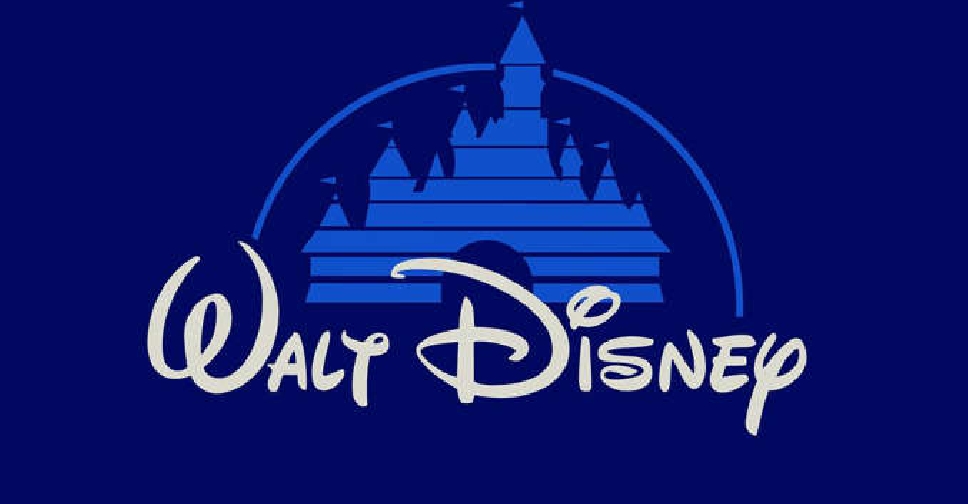 Disney settles suit over women's pay for $43 million
Disney settles suit over women's pay for $43 million
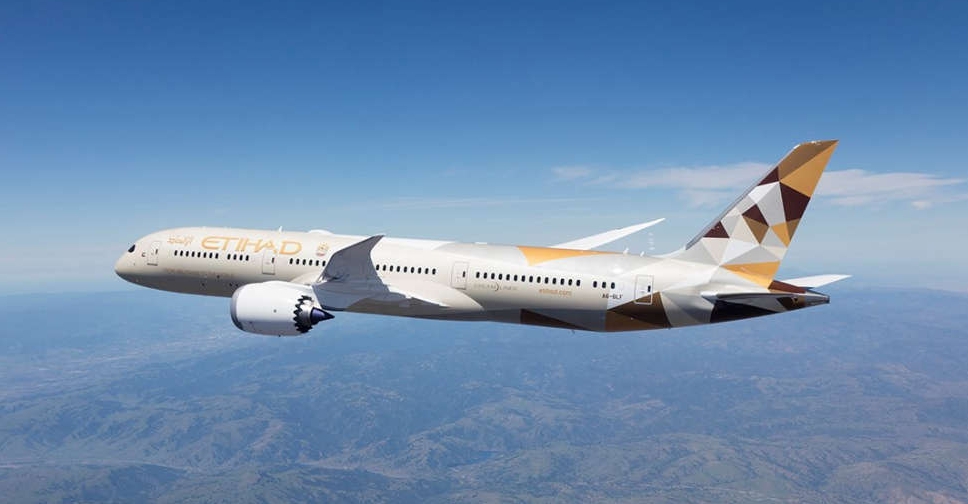 Etihad Airways adds ten new destinations for 2025
Etihad Airways adds ten new destinations for 2025
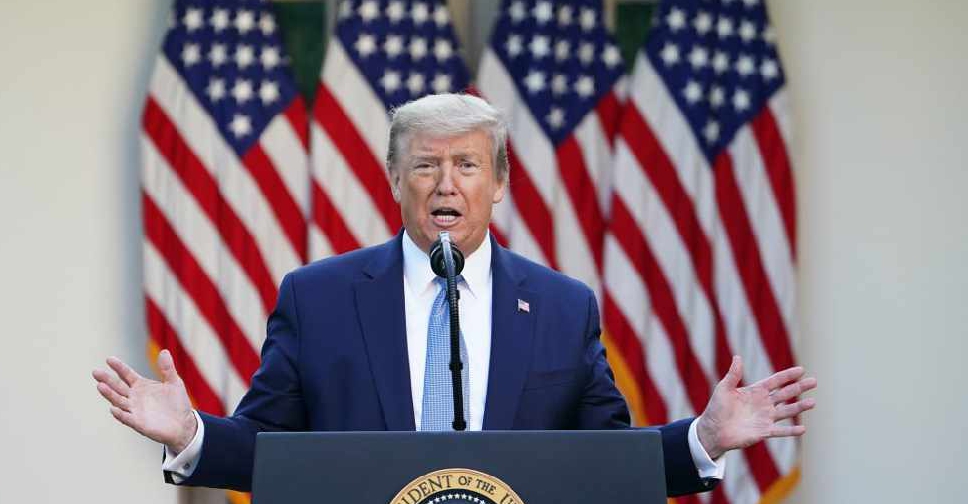 Trump pledges new tariffs on Canada, Mexico, China
Trump pledges new tariffs on Canada, Mexico, China
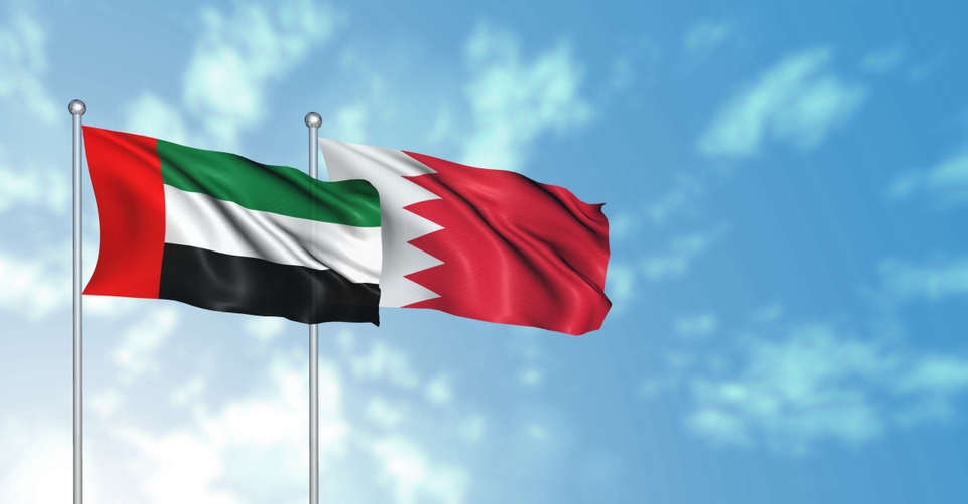 UAE and Bahrain finalise ICV programmes procedures
UAE and Bahrain finalise ICV programmes procedures

